
JENUFA
Leoš Janáček
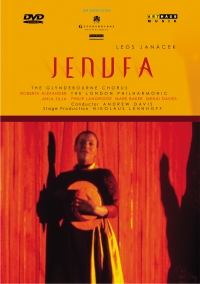




Leoš Janáček
JENUFA
1989
Soloists:
Roberta Alexander, Philip Langridge, Anja Silja
Orchestra, Chorus:
London Philharmonic Orchestra, Glyndebourne Chorus
Conductor:
Andrew Davis
Director:
Nikolaus Lehnhoff
The acclaimed collaboration between director Nikolaus Lehnhoff and conductor Andrew Davis once more ensures great success in this new production from the 1989 Glyndebourne festival’s Janácek cycle. Tobias Hoheisel was on hand once more as stage designer, creating excitingly expressive and colourful sets. “Expressive focus and visual heightening came to culmination in a faultless ensemble that tackled every requirement with a will, producing an astonishing Slavic timbre and, in the central roles, revealing a capacity for characterisation wholly unique to Janácek. Both Anja Silja and an incomparable Roberta Alexander in the title role held us spellbound. Philip Langridge (Laca) and Mark Baker (Steva), whose European debut will hopefully lead to invitations from the larger German opera houses, were no less impressive than the two ladies.” (H. Thomas Wohlfahrt, Das Opernglas). Glyndebourne’s new musical director, Andrew Davis, conducted this most recent adaptation of Jenufa, arranged by Charles Mackerras and John Tyrell.
Label:
Arthaus Musik
Genre:
Oper
Running Time:
118
Picture Format:
4:3
Sound Format:
PCM Stereo
Number of Discs:
1
Region:
2, 5
Languages:
CZ
Subtitle Languages:
DE, FR, GB, ES
EAN:
4006680102085
UPC:
4006680102085
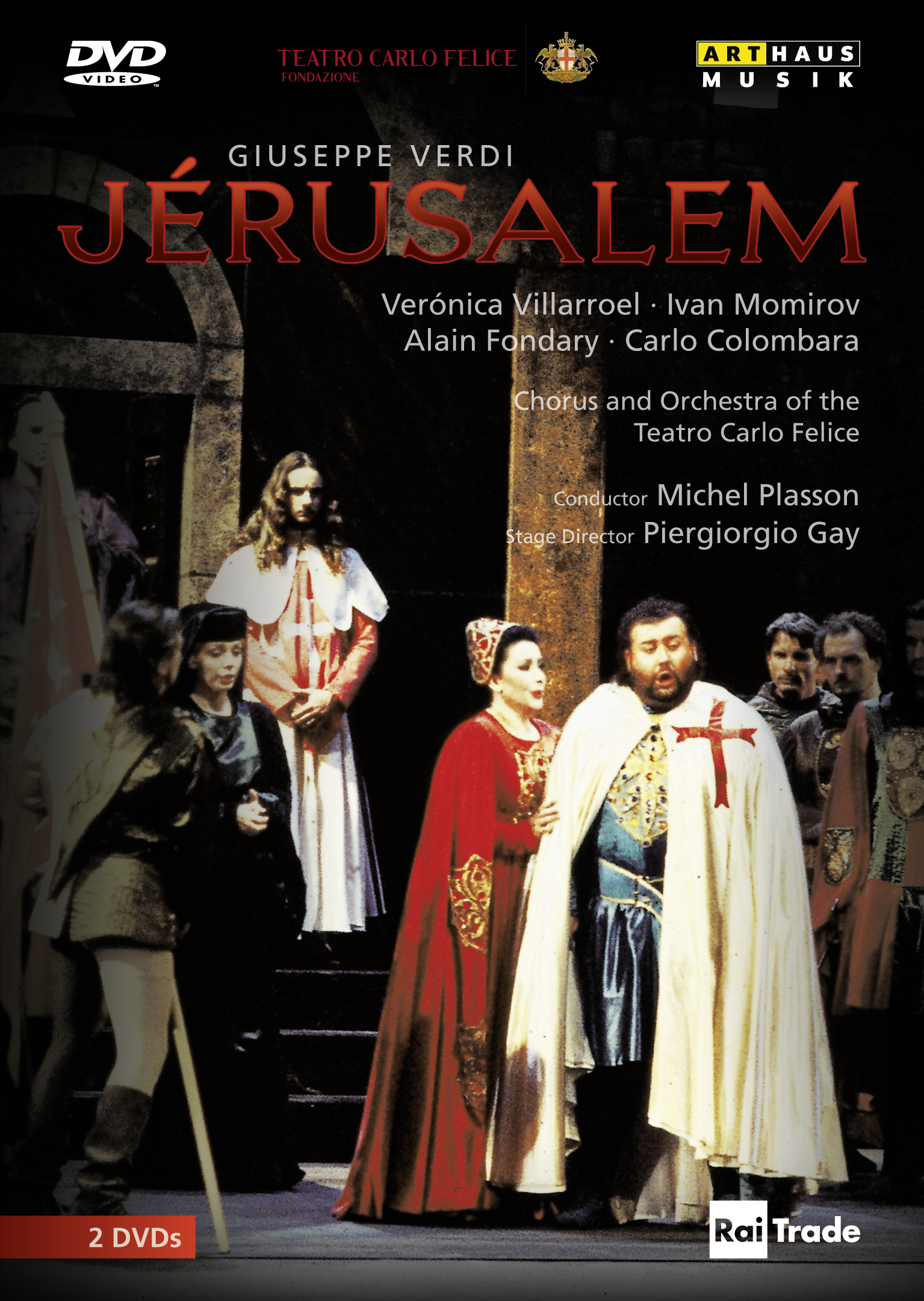
Giuseppe Verdi
After a series of performances at the Théâtre de la Monnaie in Brussels in 1892, Jérusalem does not appear to have been shown for another 70 years on any other stage. It was not until 1963 that the conductor Gianandrea Gavazzeni committed himself to rediscovering the opera and produced it in Italian at the Teatro La Fenice in Venice. In(...)
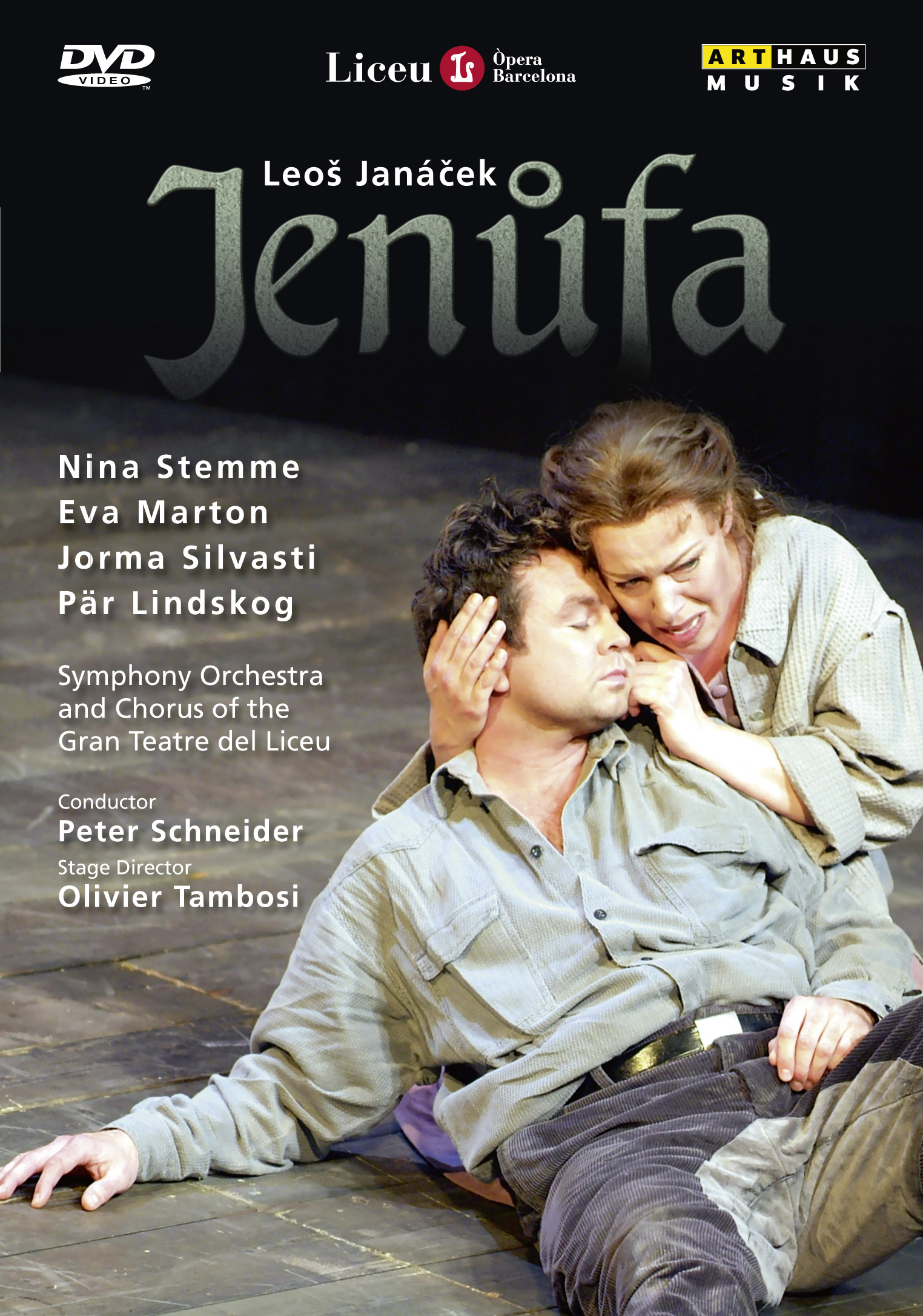
Leoš Janáček
Arthaus presents a staging of Jenůfa sung in the original Czech language. The production was directed by French- Austrian opera director Olivier Tambosi. For Janáček, opera was a vehicle for describing reality, and he pushed this idea to the point of fashioning a new theory about verismo. Its basis was that the two major strands, music(...)












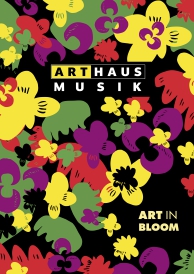 PDF Download (5,5 MB)
PDF Download (5,5 MB)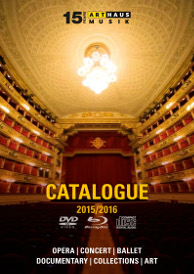 PDF Download (6,7 MB)
PDF Download (6,7 MB)